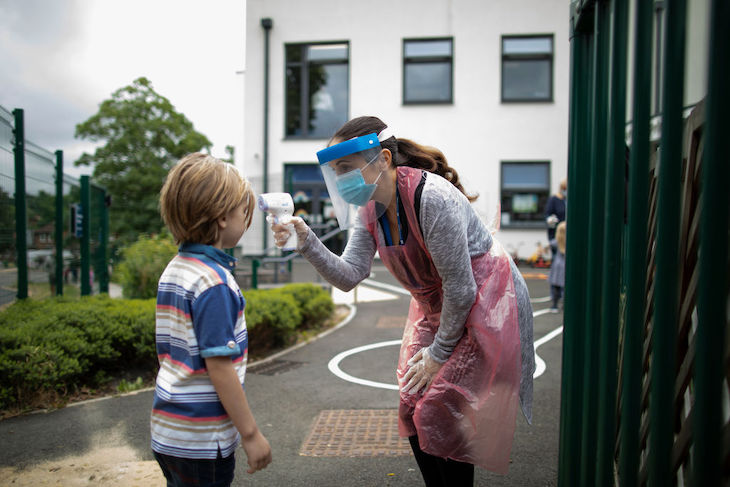There has been plenty of evidence published over the past three years of the severe effects on children’s education and wellbeing of closing schools during Covid lockdowns, but a new study by the Institute of Fiscal Studies (IFS) and University College London (UCL) has a slightly different emphasis – linking children’s social and emotional development with the employment situation of their parents.
Overall, it found that 47 per cent of parents reported that their children’s social and emotional skills had declined during the pandemic – with just a sixth of parents reporting that there had been an improvement. The effect was more severe along younger children – 52 per cent of children of 4-7 year olds reported a decline in social and emotional skills, compared with 42 per cent among 12-15 year olds.
Children were more likely to be affected if their parents’ employment situation changed
However, in contrast to other studies, this one did not find that children from disadvantaged backgrounds suffered more – in fact, the effect seemed to be least among children whose parents are in the lowest income quintile, and greatest among those in the 4thincome quintile. The survey relied on parents’ replies, however, rather than independent assessments, so there may be an element of different levels of expectation in children’s development.
What the study did find, on the other hand, was that children were more likely to be affected if their parents’ employment situation changed. This was particularly the case even if their parents had been furloughed, and so were being kept afloat financially. The difference was not all that great, however – social and emotional skills were reported to have fallen in 51 per cent of children whose parents had been furloughed, compared with 45 per cent of children whose parents had not been furloughed.
A lot of research and comment on children’s wellbeing during Covid has focused on the closure of schools. But as this study hints there is another side to the subject: what was happening in the home while children were confined there. It ought not to be a surprise if children fared worse in homes where parents were suffering a significant amount of stress for their employment and financial situation.
There are still ministers and advisers involved in the Covid response who think Covid lockdowns were a success – or who, like Matt Hancock, think we should have faster and more severe lockdowns in future. As the IFS/UCL study shows, the evidence on the collateral damage of lockdowns is still being produced.







Comments